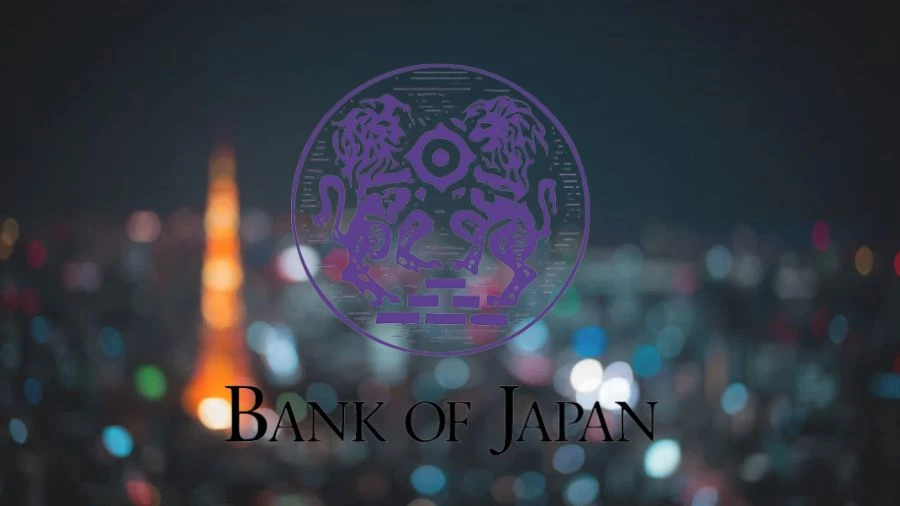
Is Bank of Japan Ending Negative Interest Rates?
BOJ is considering over-ending negative interest rates among notable wage hikes by major companies, marking a crucial shift in Japan's monetary policy landscape after its March 2024 decision to end negative rates after 17 years.
by Alaguvelan M
Published Mar 18, 2024 | Updated Mar 18, 2024 | 📖 2 min read
Is Bank of Japan Ending Negative Interest Rates?
Rengo is one of the biggest labor group in Japan, they recently shared some exciting news about wage negotiations that led to a remarkable increase in salaries by up to 5.28%, this is the highest level where you have seen in over three decades.
This action is the same for small companies, with their employees seeing raises on average around 4.42%. An average of 3.7% is base pay for all. They have closed their eyes to these wage increases because they could help our economy stabilize and expand up to 2%.
When people earn money, they try to spend more, to keep prices from rising too quickly. The BOJ has been playing with the idea of ending something with “negative interest rates”. That means earning money for their saving, but people have a chance to lose a little bit of cash over time, they are confident it is time for a change.
Some of the experts predict they will make the moves as early as they decide to throughout the negative rates, which could be a big change in Japan. Whatever they decide, the BOJ says they will still keep when it comes to borrowing money and all that financial stuff. So it looks like a big deal, but it is one of the parts of their plan to regulate the economy smoothly.
When Will The Bank of Japan End Negative Interest Rates?
The BOJ may finalize an end to its negative interest rate policy. They are considering making a move on Tuesday with a considerable wage reported by big companies during this year's wage negotiations.
This change marks a big change in Japan and how Japan handles its money. It has been reported that the negative rates ends at the BOJ's March meeting on Tuesday.
Is Bank of Japan Ending Negative Interest Rates - FAQs
1. Why is the Bank of Japan considering ending negative interest rates?
The Bank of Japan is contemplating this move in response to substantial wage increases reported by major companies during recent wage negotiations, aiming to stimulate economic growth and inflation.
2. What impact will ending negative interest rates have on Japan's economy?
Ending negative interest rates could potentially lead to changes in borrowing and saving behaviors, affecting consumer spending, investment, and overall economic activity.
3. How long has the Bank of Japan maintained negative interest rates, and why?
The Bank of Japan has maintained negative interest rates for several years as a monetary policy tool to stimulate borrowing, investment, and economic activity amidst persistent deflationary pressures.
4. What factors prompted the Bank of Japan to consider ending negative interest rates now?
Stronger-than-expected wage gains reported during this year's wage negotiations, coupled with government officials' receptiveness to an exit, have influenced the BOJ's decision-making process.
5. How does the potential end of negative interest rates align with Japan's economic goals?
Ending negative interest rates aligns with Japan's efforts to achieve sustainable economic growth and inflation targets, aiming to create a more conducive environment for businesses and consumers.




